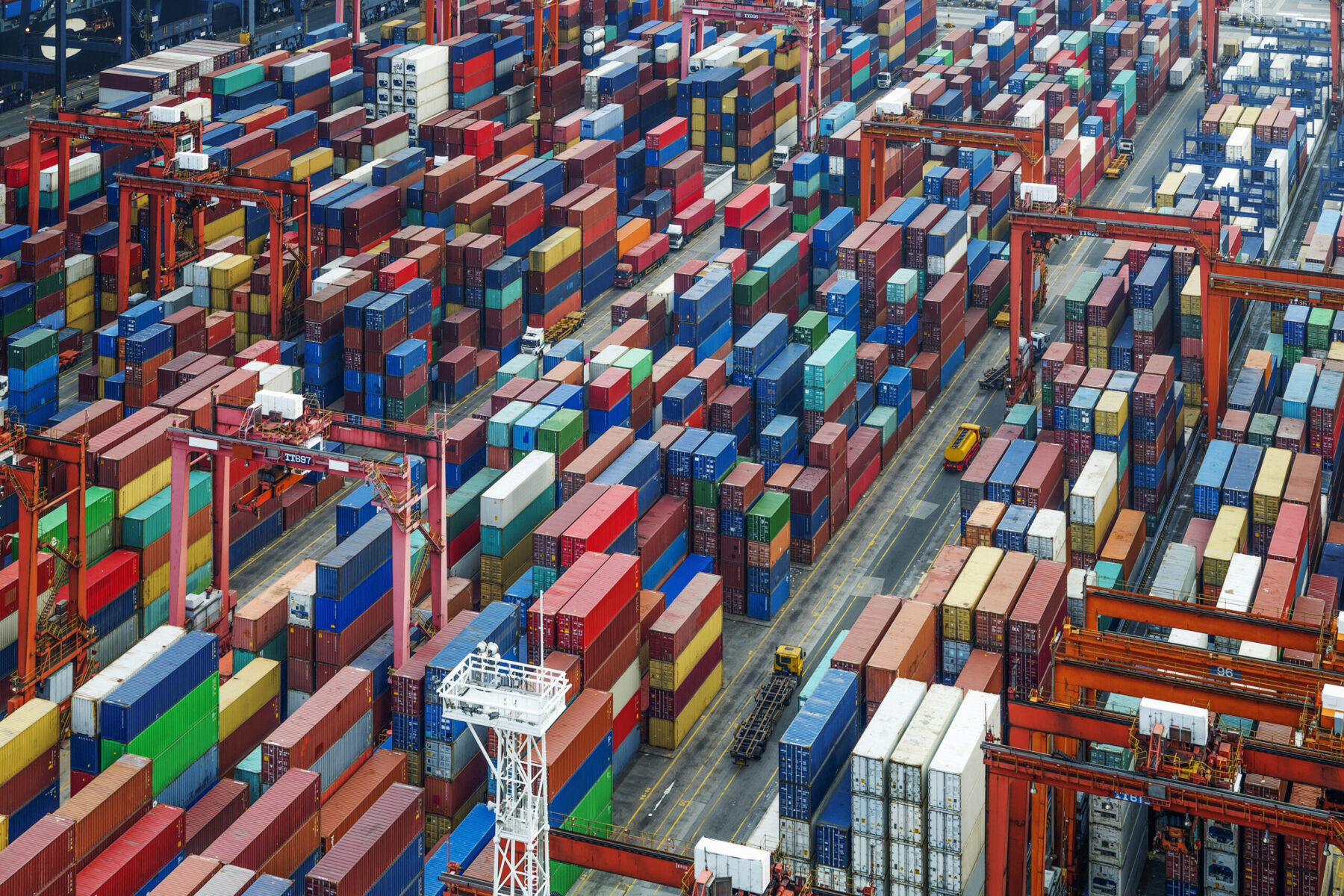Data integrity: How does it strengthen your supply chain?
May 13, 2022
Scroll to find out more
May 13, 2022
Scroll to find out more

Supply chains heavily rely on data. But how can you trust data when it’s inaccurate, late and incomplete?
Data integrity is a crucial enabler of decision making and forecasting, especially when disruption is at full force. When data is unreliable, bad decisions are made because the data is out of date, not accurate and not a true representation of reality. This leads to delays, increased costs and poor customer service.
Yet, only 4% of supply chain professionals trust their data. So, despite good data integrity being so important, it seems the vast majority of people are struggling to achieve it.
To have good enough data to improve your processes, strategies and performance, you need to be measuring data integrity. This could include counting the number of errors you encounter, tracking the time it takes for you to get data and checking if there is missing information such as documentation for customs clearance. All of these pain points could be costing you time and money.
Let’s dive into what it takes to start trusting your data again.
In simple terms, having good data integrity means you have accurate and reliable data.
When data is incorrect, late or contains errors, you risk making decisions based on false or outdated information.
Here are some risks that could be impacting the integrity of your supply chain data:
Data integrity is important because it gives you a source of true, reliable and accurate information. This enables you to make informed decisions, track performance and improve communication with internal teams and suppliers.
Some examples of how data integrity can be an advantage
| Data integrity | Benefit |
| Tracking supplier performance | Understand what’s going wrong so you can establish solutions, revise contracts and build supplier relationships. |
| Communicating with external partners | Identify what information is missing and provide the right documentation to minimise delays. |
| Making agile decisions | When disruption occurs, spot which shipments will be affected and make changes, such as moving from ocean freight to air freight quickly and effectively. |
| Informing internal teams | Let teams know about delays, reasons for delays and new delivery dates so they can prepare and plan for changes. |
Detecting, removing and correcting bad quality data is essential. You need the confidence to make decisions based on accurate information which is updated as close to events as possible.
A platform that alerts you when information doesn’t match up, gives you the ability to communicate with suppliers when things aren’t right and provides you with real-time data, can help you to grow confidence.
Here are 3 ways to ensure data integrity:
Incomplete and missing information can cause delays and increased costs. So being able to know instantly when data deviates from what you expect means you can quickly remedy any issues. That might be updating collection dates that are set in the past, making sure the date and time of vessel departures aren’t blank, or adding in any documents needed for clearance like commodity codes or packing lists.
By having automated rules, it’s much easier for you to know when data quality isn’t where it should be, and fix it fast before you incur any extra delays or costs.
To make informed decisions, you need a complete picture of your cargo. This means having a clear view of cargo ready dates, when trucks are ready to collect, shipment departures, customs codes and delivery dates. When data sources are connected, you can piece together what is actually happening and what decisions you should make as a result.
For example, the factory may have delayed your cargo ready date by 3 days. But your trucks are ready to collect from the factory at the original ready date to take it to the port. By connecting the sources of these pieces of information in one place (in this case, the manufacturer and the forwarder) , you see the mismatch between different suppliers and make the changes you need to avoid failed collections. Without connecting all your data sources, you could be making decisions based on an incomplete picture – not to mention limiting the insights you can derive.
Manual processes can lead to human error, meaning unreliable information. It can also mean that information is delayed, so you could be making meaningful decisions based on outdated data. Setting up an automatic process for receiving data, therefore, eliminates human error while ensuring that the information you’re working with is trustworthy.
For example, Project44’s FTL data is integrated into the Zencargo platform, allowing customers to track road freight shipments by the minute. When you have this information available, you can see if your cargo will arrive on time, and teams can easily be informed about changes and updates. For example, the warehouse team can log into the Zencargo platform to see whether their delivery will arrive on time or at another date.
With 38% of supply chain professionals receiving late data and 49% struggling with data accuracy, it’s clear that problems affecting data integrity are varied and commonplace.
Get in touch with Zencargo experts to discuss how our platform and freight forwarding services can solve problems affecting your data integrity.

To find out how you can take control of your supply chain costs and stay ahead...

To find out how you can navigate a path through uncertainty, book your free str...

To find out more about how Zencargo’s digital freight forwarding experts and te...